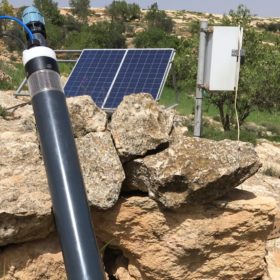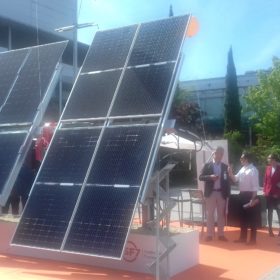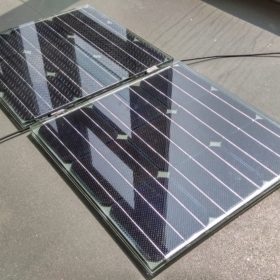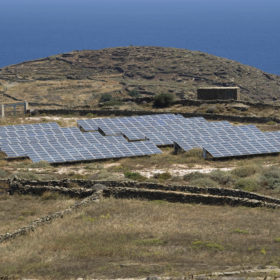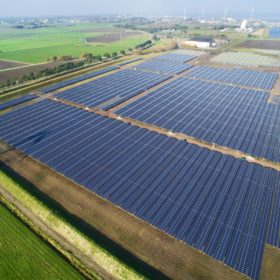A solar-powered irrigation pump with pay-as-you-go option
Comet-ME has developed a solar-powered submersible borehole piston pump for off-grid communities and smallholders to use for irrigation and domestic purposes. The device, compatible with PV systems from 300-900 W in size, can pump water from 45m with as little as 50 W of continuous solar power.
The land that solar (almost) forgot
Almost all of the energy supplied in the Buddhist kingdom of Bhutan comes from 1.67 GW of hydropower capacity but with a rising population and energy demand, and an expanding economy, the 12 GW of solar the International Renewable Energy Agency estimates the Himalayan nation could host might reduce the risk of climate change-related blackouts.
Streamlining large scale solar crucial for Italian market
The Italia Solare Forum event held in Rome laid bare the difficulty of securing permits for large scale projects at national and regional levels. Fast-tracking the process for big solar parks appears necessary to get Italian PV back on track.
Europe on track for decade-topping 16.7 GW of new solar this year
Trade body SolarPower Europe’s preliminary statistics suggest this could be the continent’s best year for PV since 2010, with capacity additions set to soar 104% year on year. Spain is leading the way with an expected 4.7 GW of new solar, followed by Germany, with 4 GW.
Walking on sunshine
Chinese scientists have developed a PV floor tile they say is suitable for pavements and cycling tracks. The devices were tested on a ‘green deck’ in Hong Kong. The developers say the tiles have demonstrated satisfactory solar energy conversion, anti-slip performance, heat-resistance and strength.
Greece aims to install 5 GW of PV by 2030
Greece has published a document that lays a path for national energy and climate policy over the next decade, while outlining plans to facilitate significant PV development through 2030.
Goa to extend solar PPA with NTPC by 3 more years
The government of Goa, now reeling under severe electricity shortages, has decided to extend its solar power purchase agreement with NTPC Vidyut Vyapar Nigam by three years, following a complete lack of interest in the Indian state’s recent solar tenders.
Mitsubishi consortium to acquire Dutch utility Eneco
Publicly-owned power company Eneco has explored the possibility of an IPO since early 2017 and now appears set to pass into new ownership.
Clean energy must be rolled out six times faster
To have any hope of restricting global heating to a maximum of 1.5 degrees Celsius, the renewables success story which saw 108 GW of solar deployed last year needs to be cranked up to the next level – and fast.
Renesola exits Vietnam, India and Korea
The Shanghai-based project developer – which will soon relocate to the U.S. – says the profit margins are not high enough in those markets and has cancelled its project pipeline in the nations. The company has also changed its CEO after less than five months and is on a drive to reduce capital costs.
